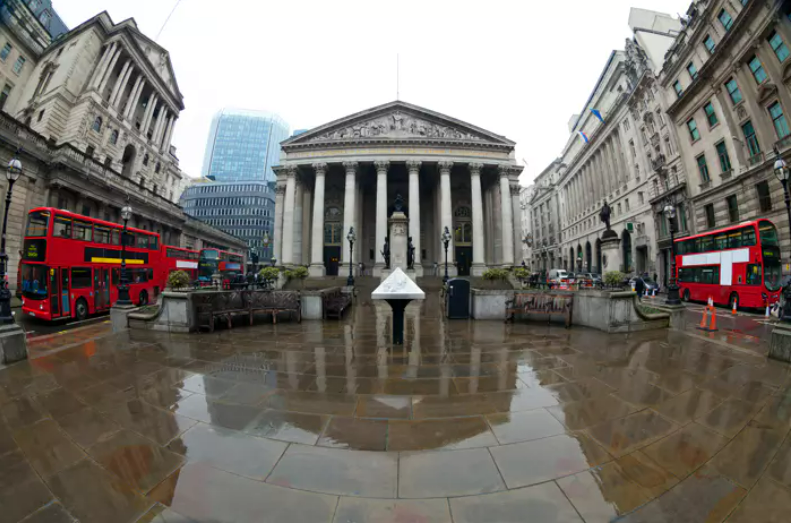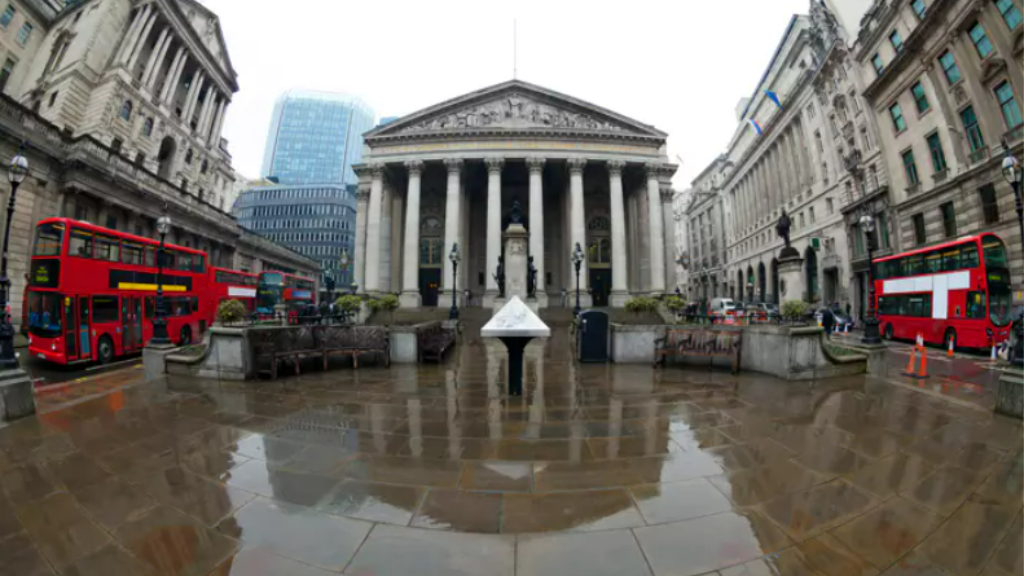
On Monday, the Governor of the Bank of England issued yet another anti-crypto warning. Despite the UK’s objectives to foster innovation, these remarks have been made.
Governor of the Bank of England, Mark Bailey, spoke about cryptocurrency this week. The crypto market saw its first big ‘Lehmanesque’ fall in the week ending May 13.
TerraUSD (UST) lost its peg to the dollar in a crash to an all-time low of $0.04, thereby erasing Terra LUNA.
The Terra collapse triggered a broad-based crypto sell-off, wiping $472 billion off the market and sending bitcoin (BTC) to a low of $26,591 on May 12.
Central bankers embraced the chance to crypto-bash in the aftermath of the market crash.
Governor of the Bank of England, Mark Bailey, is once again anti-crypto.
On Jimmy’s Jobs of the Future, former government adviser Jimmy McLoughlin questioned Bank of England Governor Bailey on Monday. Questions on Russian sanctions, the economy, and cryptocurrency were asked throughout the 49-minute episode.
Bitcoin, according to Bailey, is not a “practical mode of payment.”
Governor Bailey also used the occasion to issue a warning about cryptocurrencies, arguing that they lack “intrinsic worth” but do have “extrinsic value.”
“People gather all kinds of stuff,” the Governor of the Bank of England said, explaining the significance of digital assets.
Bailey recognized the advantages of the underlying technology that facilitates the shift into digital currencies, despite his unfavorable views on cryptocurrencies.
Bailey’s remarks came after the Governor remarked in an April interview that cryptocurrency were a “New Front Line” for criminal frauds.
The anti-crypto comments came after ECB President Lagarde said on Sunday that cryptos are useless.
The statements of Bank of England Governor Bailey and European Central Bank President Lagarde come at a critical moment.
On the one hand, governments want to encourage innovation, while politicians want to impose laws that might stifle innovation and compel blockchain technical developments to take place in other countries.
Central banks, banks, and corporations all have different perspectives on cryptocurrency.
While central banks continue to express warnings about digital assets, financial institutions have chosen a different approach.
CNBC reported in April that financial firms were forming teams dedicated only to cryptocurrency and blockchain technologies. Goldman Sachs, JPMorgan Chase, and Morgan Stanley are among the largest banks in the United States. Barclays, Credit Suisse, Deutsche Bank, and UBS are among the European banks expanding.
The necessity for banks to join on board is understandable.
The mainstream use of cryptocurrency and demand for crypto-related items has exploded.
Several luxury apparel labels have announced intentions to accept digital payments from US consumers in stores or online in recent weeks.
While authorities are attempting to crack down on cryptos, crypto-collateralized loans, such as crypto-backed mortgages, have evolved in the United States.
Both Bailey and Lagarde’s views have the potential to stifle technological progress. As other countries, such as Dubai, have discovered, it’s all or nothing, which means governments may not be able to pick and choose between blockchain and cryptocurrency.
